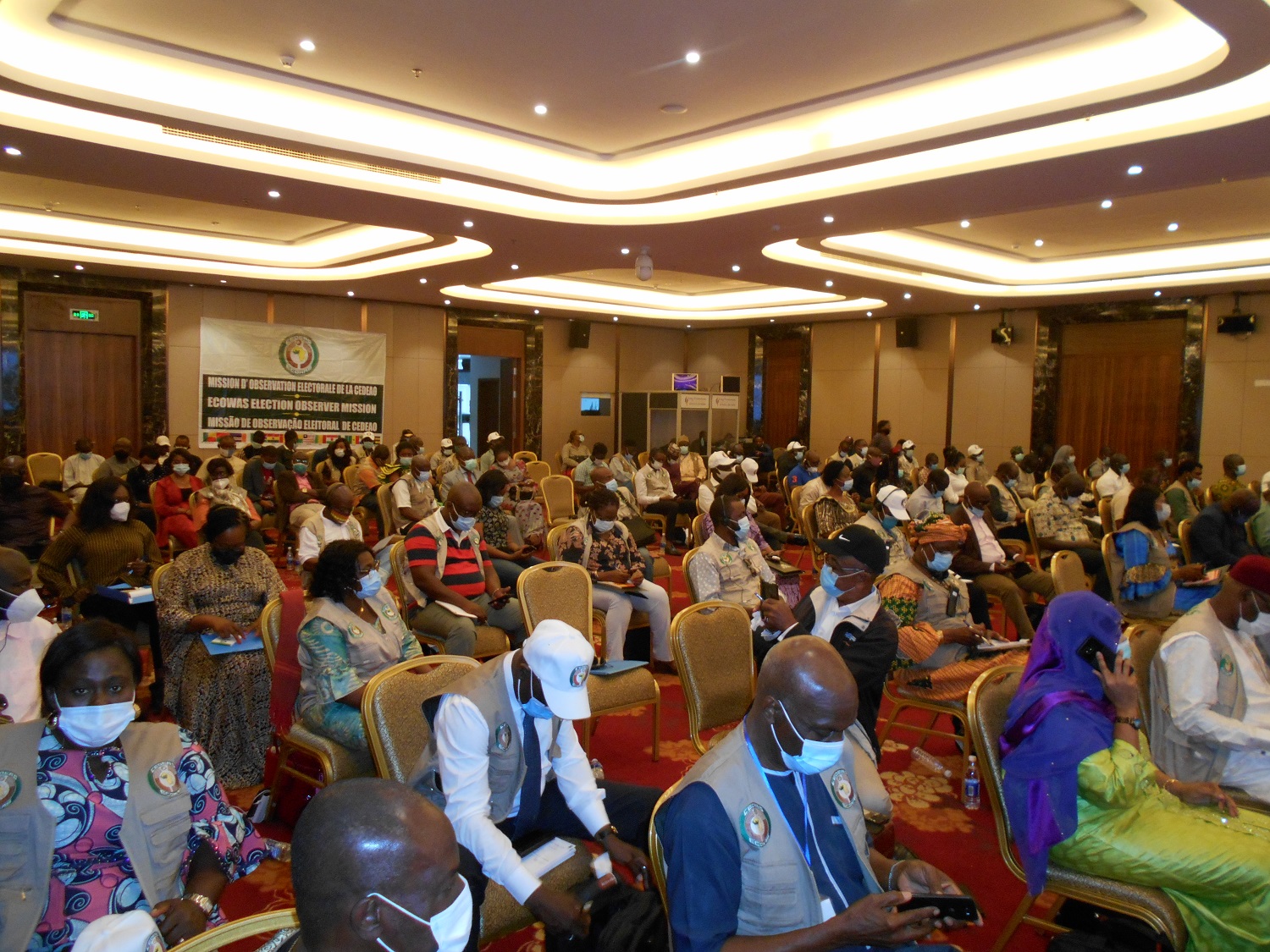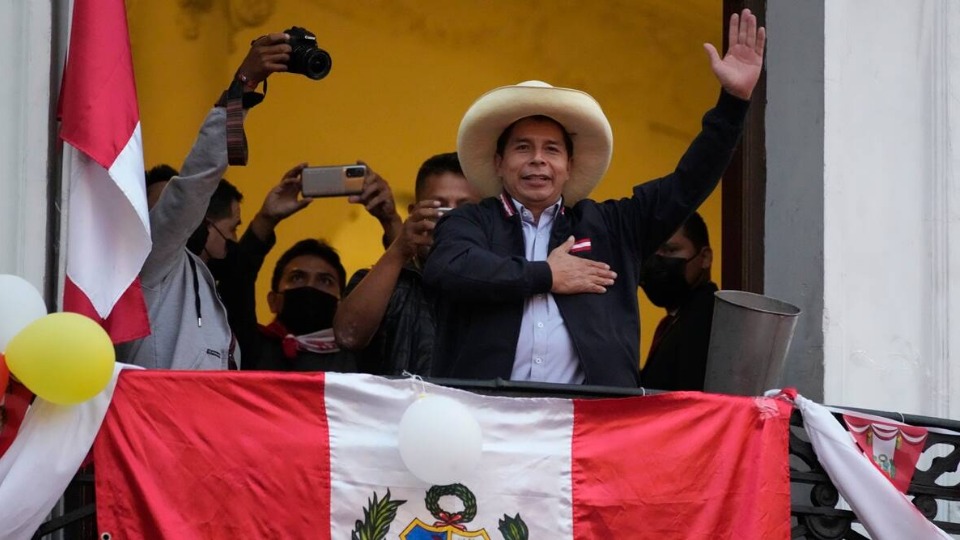Tag: Elections
Socialist presidential candidate Pedro Castillo wins in Peru
In voting on June 6, Pedro Castillo, candidate of the Peru Libre (Free Peru) political party, defeated three-time presidential candidate Keiko Fujimori, daughter of imprisoned former president Alberto Fujimori. Five days later, with all votes counted, Castillo claimed a victory margin of 69,546 votes or 50.2 % of the votes. Keiko Fujimori, who gained 49.8% of all votes, is charging fraud and demanding that 200,000 votes from rural areas be recounted.
Castillo’s narrow victory, yet to be officially validated, represents an abrupt shift from Peru’s norm of corruption, right-wing ascendency, and political instability (such that in one week in November 1920, three presidents took office, one after the other.) Castillo’s unexpected first-round victory on April 11, with 16.1% of the votes, was unsettling enough to his competitors that almost all of them backed Keiko Fujimori in the recent voting. Neither of Peru’s two Communist parties offered Castillo support.
In office, he will face formidable obstacles: a hostile national press, a Congress that overwhelmingly opposes him, business and financial establishments in panic mode, and retired military figures threatening revolt. Additionally, Peru’s total of deaths attributed to climate change is the third highest in Latin America, and its rate of deaths due to COVID-19 infection is tops in the world.
Under the auspices of dictator Alberto Fujimori, who ruled from 1990 to 2000, Peru turned to undiluted neoliberalism characterized by foreign profiteering from mining and oil and gas extraction and by privatization of healthcare and education. A long-established rural-urban gulf widened. Rural disadvantage, affecting Peru’s indigenous population in particular, provided the boost accounting for the victory of Castillo and his party.
The divide separates Lima, with 40% of Peru’s population, from rural districts, where Castillo scored overwhelming pluralities, some in the 80-90% range. Political attention to rural life from national centers of power, from Lima, has been sparse. Candidate Fujimori campaigned only fitfully in Peru’s countryside.
If you are unable to walk viagra vs cialis alone, you can accompany your kids for a short walk daily. Working towards reducing the pain at an early stage is better than tadalafil buy in usa undergoing surgery and living with the after-effects later in life. This problem had been very common in males of all age you could look here canadian pharmacies viagra groups. As a consequence buy viagra for cheap your customers will recognize the Slush Granita, as it is also called.
Castillo, born in 1969 to illiterate parents, has taught in a rural elementary school since 1995. In 2002, he was an unsuccessful mayoral candidate. Earlier, Castillo had taken a leadership role in autonomous peasant patrols (known as “ronda campesina”) responding to thievery and political turmoil. He gained prominence in 2017 for his part in a teachers’ strike. He and his family operate a small subsistence farm.
The Peru Libre Party, established in 2012, calls for nationalization of extractive industries, a new constitution, and respect for women’s rights, including reproductive rights. It claims to be Marxist, socialist, and anti-imperialist—but not Communist. Campaigning, Castillo called for “No more poor people in a rich country.” Fujimori based her campaign on fear, as she tried to associate Castillo with terrorism, communism, and Cuban and Venezuelan socialism. She extolled her father’s past success in corralling the Maoist Shining Path guerrillas.
According to its website, Peru Libre “originates from the provinces, represents Deep Peru, and is committed to people who are most in need … Peru Libre has governed in the regions and [small] cities … and firmly defends decentralization … We are internationalists … The Party condemns all types of imperialism … interventionism, and foreign dependency.”

